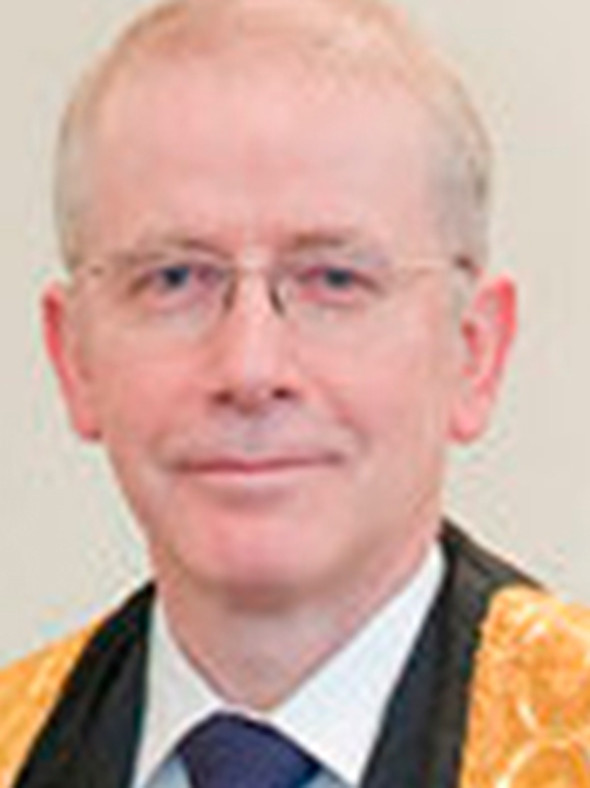The Supreme Court judges who voted against the Article 50 ruling
Three justices voted against majority ruling that Government needs parliamentary approval to trigger Article 50.
The Justices who dissented argued that Government could use its prerogative powers to exit the European Union without consulting Parliament first.
Lord Reed, Lord Carnwath and Lord Hughes stated that the 1972 European Communities Act (ECA) did not affect Government's prerogative powers to trigger the Brexit process as the ECA is "inherently conditional on the UK's membership of the EU."
The argument in the judgment summary reads: "The ECA does not impose any requirement or manifest any intention in respect of the UK's membership of the EU. It does not therefore affect the Crown's exercise of prerogative powers in respect of UK membership."
The three Justices who voted against the Supreme's Court Article 50 ruling:

Lord Robert Reed (60)
One of two Scottish Justices on The Supreme Court, Lord Reed studied law at the Universities of Edinburgh and Oxford and is a leading authority on human rights law in Scotland. He serves as one of the UK's ad hoc judges at the European Court of Human Rights.
He became a Justice on The Supreme Court in 2012.

Lord Robert Carnwath (71)
Lord Carnwarth studied law at Cambridge University. He was Attorney General to the Prince of Wales from 1988-1994 and served as Chairman of the Law Commission from 1999-2002. As President of Tribunals he led reforms of the tribunal system.
He was sworn in as Supreme Court Justice in 2011.

Lord Anthony Hughes (68)
Lord Hughes studied at Durham University. He served as Vice President of the Court of Appeal's Criminal Division from 2006-2013. He sits on the Judicial Committee of the Privy Council and the Court of Appeal for UK overseas territories, Crown Dependencies and certain Commonwealth countries.
He became a Supreme Court Justice in 2013.
© Copyright IBTimes 2025. All rights reserved.






















